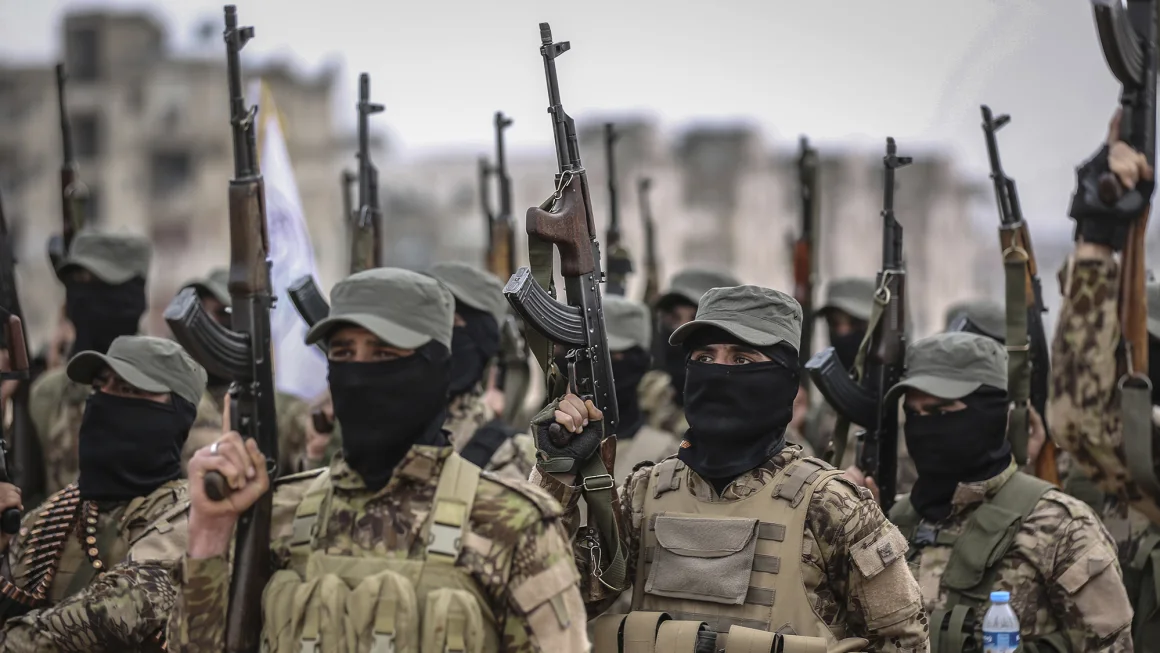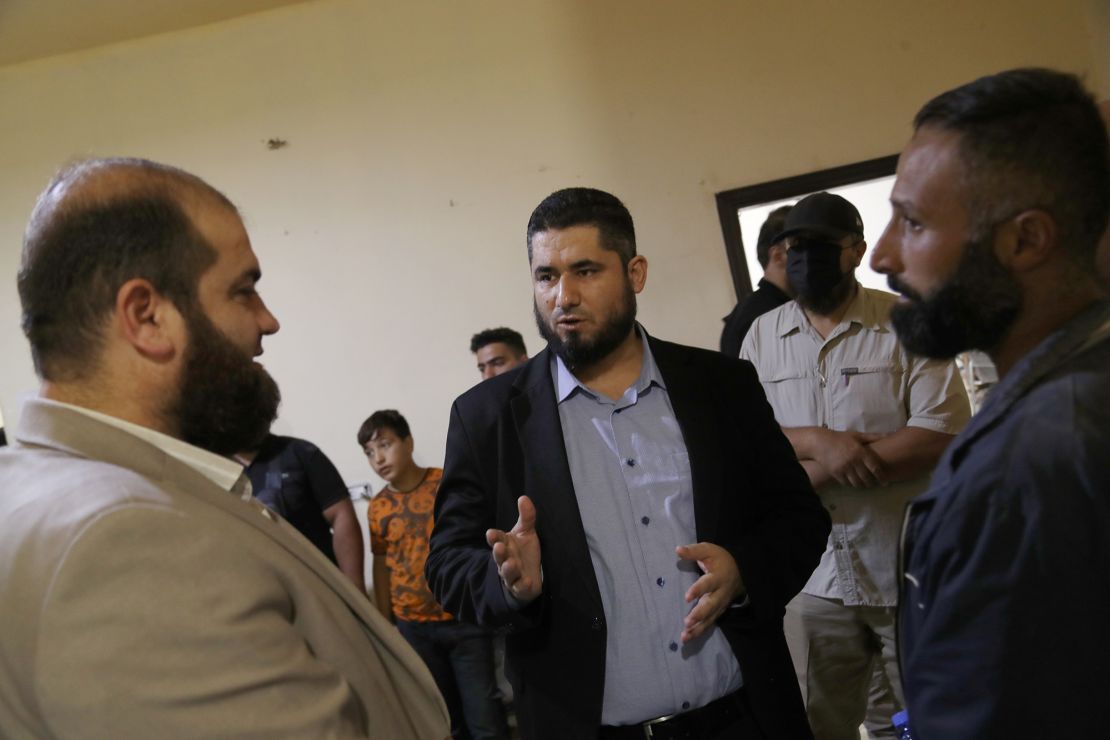
When Syria’s rebel-appointed prime minister sat down with officials from the ousted Assad regime for the first time on Tuesday, the backdrop included the flag of the Syrian revolution alongside another bearing the Islamic declaration of faith that is often displayed by jihadists.
The choice of optics for the rebels’ first publicized cabinet meeting to discuss the transition of power since the fall of Bashar al-Assad’s regime sparked controversy, with sceptics taking to social media to criticize the move.
The rebels may have taken note. In a later televised interview with Al Jazeera, caretaker Prime Minister Mohammad Al Bashir, who until this week ruled the small, conservative province of Idlib on the rebels’ behalf, appeared only with the new Syrian flag.
How the rebels governed Idlib, in northwest Syria, offers insight into how they might rule the country. Experts and residents of Idlib describe their governance as pragmatic and influenced by both internal and external pressure, with efforts to distance themselves from a jihadist past and gain international acceptance. However, their rule was far from democratic or liberal. Governing a large, diverse nation like Syria, they warn, will be an entirely different challenge.
Abu Mohammad al-Jolani, the leader of Hayat Tahrir Al Sham (HTS), the Islamist group that led the rebel offensive to topple the Assad regime and is proscribed as a terrorist organization by the United States, has opted to rule from the shadows. Jolani, who now uses his real name Ahmad al-Sharaa, picked a technocrat – Bashir – to lead Syria in the interim. He has said his officials gained valuable experience while governing Idlib but acknowledged that may not be enough.
“They (rebels) started from nothing, Idlib is small and without resources but thank God we were able to do really good things in the past… their experience is not zero and there are (areas) they were successful in,” Jolani told Mohammed Jalali, Assad’s prime minister, in a meeting on Monday to discuss the transfer of power. “However, we cannot do without the old (guard) and we have to benefit from them.”

In just 13 days, Jolani’s ministers went from ruling the small province of Idlib to aspiring to govern Syria following its first regime change in six decades. Experts and residents who lived under the rebel-led Syrian Salvation Government (SSG) say the inexperienced cabinet will need to significantly adapt if they are to lead the transitional period effectively.


